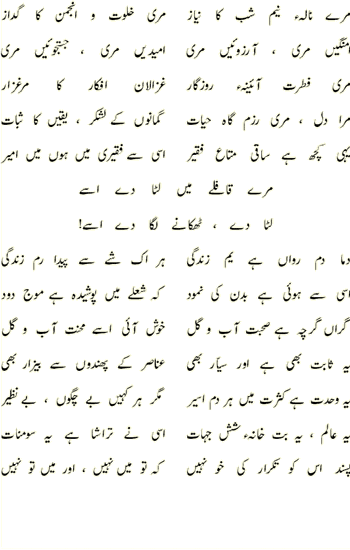Abbas Ibn Firnas (810 – 887 A.D.), also known as Abbas Qasim Ibn Firnas and العباس بن فرناس (Arabic language), was an Arabic-speaking Berber polymath, born in Izn-Rand Onda, al-Andalus (today’s Ronda, Spain), who lived in the Caliphate of Córdoba.
Ibn Firnas designed a water clock called Al-Maqata, devised a means of manufacturing colorless glass, made corrective lenses (“reading stones”), developed a chain of rings that could be used to simulate the motions of the planets and stars, and developed a process for cutting rock crystal that allowed Spain to cease exporting quartz to Egypt to be cut.
In his house he built a room in which spectators witnessed stars, clouds, thunder, and lightning, which were produced by mechanisms hidden in his basement laboratory. He also devised “some sort of metronome”. He is also said to have made an attempt at flight using a set of wings.
“ Among other very curious experiments which he made, one is his trying to fly. He covered himself with feathers for the purpose, attached a couple of wings to his body, and, getting on an eminence, flung himself down into the air, when according to the testimony of several trustworthy writers who witnessed the performance, he flew a considerable distance, as if he had been a bird, but, in alighting again on the place whence he had started, his back was very much hurt, for not knowing that birds when they alight come down upon their tails, he forgot to provide himself with one. ”
He has been commemorated on stamps from Libya, by a statue near the Baghdad International Airport, and by a namesake airport north of Baghdad. The crater Ibn Firnas on the Moon is also named in his honor.
The story is described 750 years later by the Moroccan historian Ahmed Mohammed al-Maqqari (d. 1632) who also cited a verse in a 9th century poem which appears to refer to Firnas’ attempt at flight.
A brief documentary to credit Ibn Firnas for his successful attempt to fly.
Kalam-a-Iqbal
Saqi Nama
An eye opener, wonderful poetry by Sha’ir-a-Mashriq Allama Iqbal.
Enjoy!








Another very interesting, thought provoking and informative lecture. Unfortunately, I couldn’t find the last two parts, but still I know, you’ll enjoy it. I’ll try my best to update post with remaining parts.
Do watch this, I know you’ll like it.
Speaker: Syed Bilal Qutb
Syed Bilal Qutab, Ex. Prof. Boston University USA, is an Architect by profession and also a Trainer and a Counselor.
He is also known for his great Communication Skills and his knowledge and wisdom over Religion and Spirituality. He has trained people belonging to Srilanka, London, USA, NASA, NIKE, LUMS, COMSAT and LCCI.
Type: Philosophy, Religious
Language: Urdu/English
Lebgth: 55 minutes (approx)
Please share your comments with us.
Thanks!
Wisdom Through Ages – Part 1 of 7
Wisdom Through Ages – Part 2 of 7
Wisdom Through Ages – Part 3 of 7
Wisdom Through Ages – Part 4 of 7
Wisdom Through Ages – Part 5 of 7
Wisdom Through Ages – Part 6 of 7
Wisdom Through Ages – Part 7 of 7
Found some intersting video clips on Youtube.
Inside View of Masjid-e-Haram Ka’aba
Opening of the Ka’aba Door
Khatam-ul-Quran – Duaa By Sheikh Sudais (2008) (English Translation)